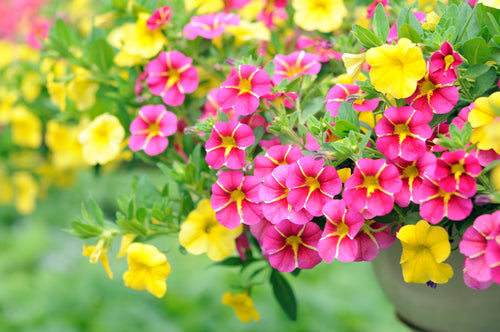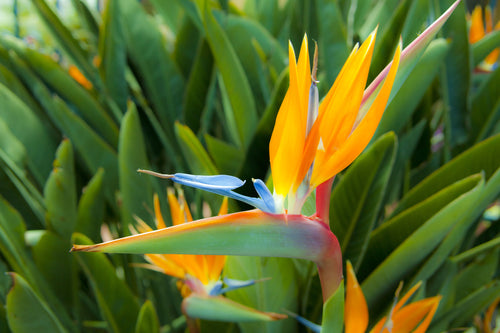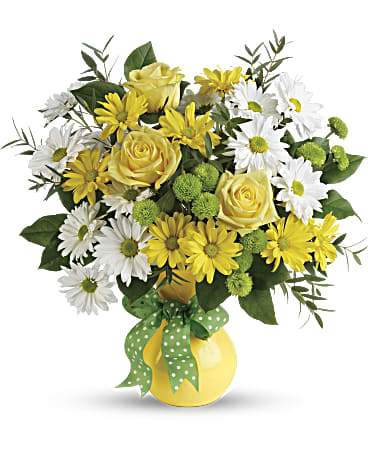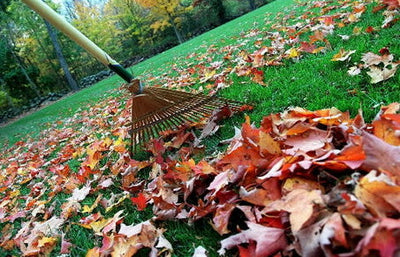August to September planting will help establish a healthy root system before the cold weather sets in. Iris still may be planted in September and October if the fall is exceptionally warm!
Iris need at least 5 hours of sun. Full sun is preferred.
It’s very important to keep your planting site weed free. Iris don’t do well competing with weeds.
Heavy clay soils that drain poorly should be amended with Back to Nature Cotton Burr Compost. Apply at the rate of one bag per 6 sq. ft., work deeply into the soil. Iris like soil levels of pH at 6.8 (slightly acidic). The Cotton Burr compost has 1% sulfur that will help improve soil pH.
Plant the Iris so that 1/3 of the rhizome is above the ground. DO NOT COVER THE ENTIRE RHIZOME IT WILL NOT FLOWER! The most common mistake is to plant too deeply!
Planting distance varies from a 1 foot to 2 feet apart. Plant at a foot apart for instant affect, but remember Iris needs to be divided and thinned out every few years. Overcrowding causes lack of vigor.
Water deeply after planting and establish a schedule for it. Remember that deep watering is healthier for plants. Over watering is a mistake. Your plants need 1 inch of water a week.
Use Dr. Earth Bulb Fertilizer at initial planting per application rate listed on the bag. The organic phosphorus in Dr. Earth will aid in rooting and flowering. Do an additional feeding a month after it blooms to strengthen the rhizome for next year.
Dividing iris should be done late July through September; every 3 to 5 years. Overgrown iris beds will grow foliage with little flowering. Warm and dry weather of late summer to early fall will reduce bacterial soft rot after division. Cut back the leaves to 1/3 of their height. Lift the clump with a pitch fork. Wear a strong pair of canvas gardening gloves and divide the rhizomes with a sharp knife. Dip the knife in a 10% bleach solution after each cut. Dispose of the old rhizomes. Replant the younger, smaller rhizomes that grow off older stems. While doing your division, inspect your iris for holes or soft, mushy spots which may contain iris borers. The borers are pinkish caterpillars about 1 to 2 inches long. Dispose of infected iris and if possible terminate the borers.
Iris makes a classical addition to your gardens. With proper care they will give you many years of happy returns. Fresh iris rhizomes have arrived in our Garden Center from Netherland Bulb Company. Every year this fine Dutch company offers new selections, some are re–bloomers! The rhizomes are of high standards. Stop in early for the best selections!










